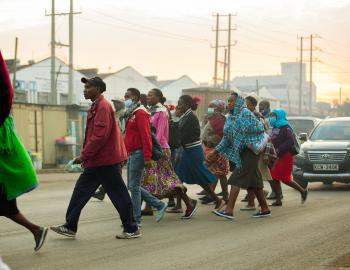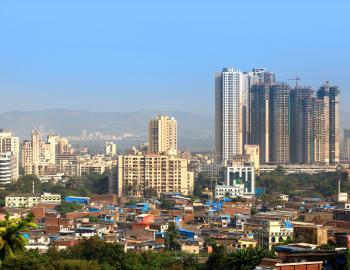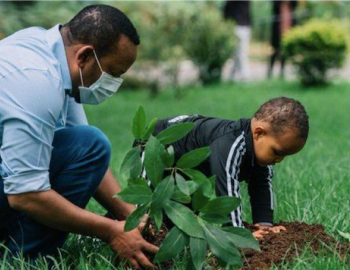POLICY BRIEF: Using climate information to achieve long-term development objectives in Rwanda (FCFA)
POLICY BRIEF: Using climate information to achieve long-term development objectives in Rwanda (FCFA)
Climate change and extreme weather are already taking a toll on Rwanda. The country suffers floods and landslides, and variable rainfall affects farming, causing soil erosion and droughts. Scientists predict future climate change that could make these problems worse. How should decision-makers respond? A new policy brief from the Future Climate for Africa (FCFA) programme and CDKN explores some options.
The Government of Rwanda has already recognised the effects of climate change on the country and is taking action through the National Strategy for Climate Change and Low Carbon Development, launched in 2011. The country now has a climate and environment fund (known by its French acronym FONERWA) up and running. The Government is also taking climate change into account in national and sector development plans.
The focus of early climate change adaptation activities has been on responding to current impacts and the existing 'adaptation deficit' - the things Rwandans can do to reduce the damage of climate change today.
But increasingly, the focus is shifting to medium- to long- term climate challenges. If Rwandans don't take future climate change into account, long-term development goals could be undermined. However the job of 'climate-proofing' investments calls for improved information and steps to use it effectively in decision-making.
A pilot study for the FCFA programme by the Global Climate Adaptation Partnership (GCAP), with the UK Met Office and Atkins, explored the current and potential future use of climate information for adaptation in Rwanda.
Key messages
- The Government of Rwanda's policies address adaptation needs based on current climate variability; however, there are significant opportunities for integrating longer- term climate projections into policies and programmes.
- Medium- to long-term climate information is important for some – but not all – decisions. There are many types of adaptation decisions, each has different climate information needs.
- Land use planning and green city plans would particularly benefit from the use of medium- to long- term climate information.
- Communicating and considering uncertainty in climate projects requires additional interpretation and new information products. There is a need to move away from a focus on ‘what we don’t know’ to better communicate ‘what we do know’.
Future Climate for Africa (FCFA), is a new five-year international research programme that aims to advance scientific knowledge about the future of Africa’s climate in the next generation – and how climate science could be better used by decision-makers.
FCFA is jointly funded by the UK’s Department for International Development (DFID) and the Natural Environment Research Council (NERC). CDKN is responsible for coordinating the FCFA scoping phase – an 18 month exercise uses six case studies in sub-Saharan Africa to evaluate the needs of science users in the context of the capabilities and limitations of current science.
Read the other FCFA case studies:
- Using climate information to achieve long-term development objectives in coastal Ghana and Mozambique
- Using climate information to achieve long-term development objectives in Zambia
- Using climate information to achieve long-term development objectives in Malawi
- Using climate information for large scale hydro-power planning in sub-Saharan Africa
- Using climate information to achieve long-term development objectives for African ports
More information is available at http://www.futureclimateafrica.org



